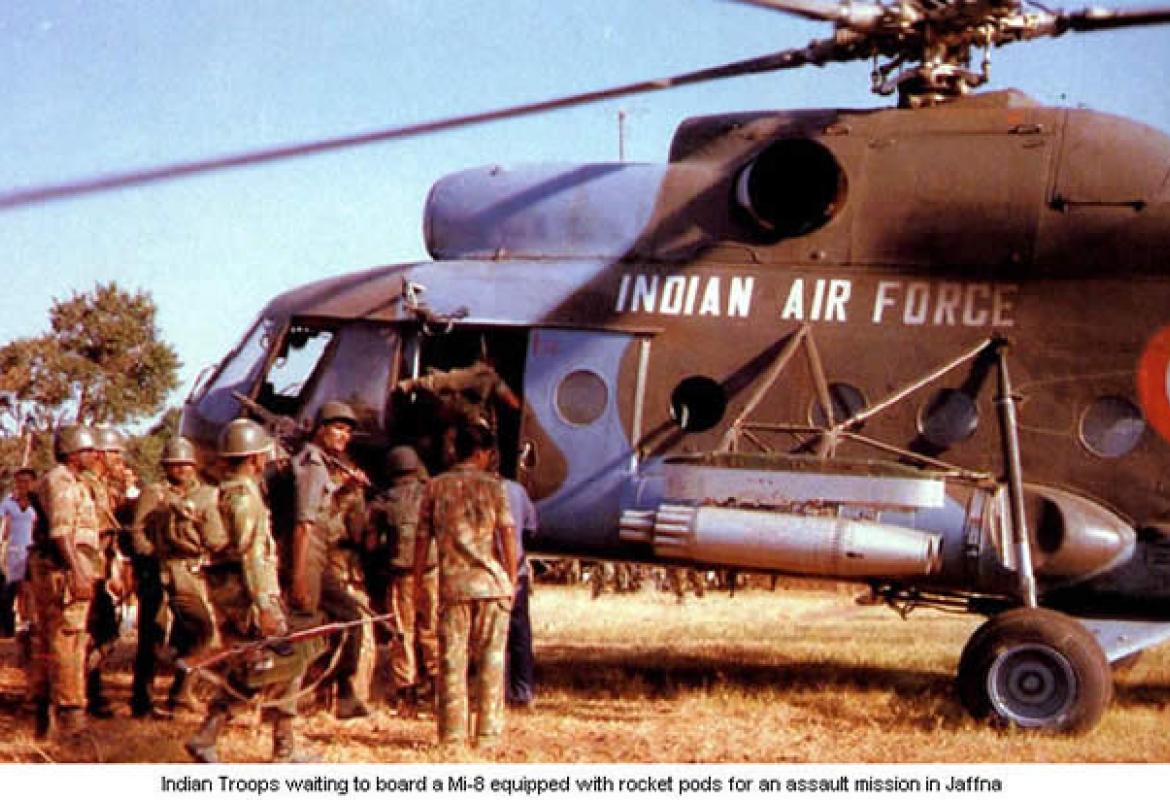Tamil vote for self-determination must be respected - TNPF
 |
Speaking at a Jaffna press conference at the Jaffna Press Club on Monday, Tamil National People’s Front (TNPF) leader Gajendrakumar Ponnambalam praised the people of the North for demand for self-determination expressed by their votes at the Northern Provincial Council (NPC) elections last month.
Listen to press conference in Tamil here:
Standing by the TNPF’s decision to boycott the election, Gajendrakumar said that the Tamil people of the North were to be praised for rejecting Sri Lankan rule in the Tamil homeland, and for expressing their enduring desire for the right to self-determination, despite all the obstacles and hardships they have faced in the four years since the end of the armed conflict.
"We also view this [election result] as something special. As you well know, our party boycotted this election completely."
"But despite that, we did not ask the Tamil people to boycott the election or to act in a way that we instructed. As you well know we did released a written statement, that only a few media outlets covered. In that way, we left the election to the conscience of the people.""As far as we are concerned, even today, the [Tamil] people have clearly expressed their aspirations, namely, firstly, they have categorically rejected the Sri Lankan state's conduct and rule within the Tamil homeland. Secondly, with regards to Tamil political aspirations, even today, they have once again, resolutely voted for the right to self-determination, seeking the reaffirmation of our nationhood, and unanimously, for the freedom of a nation; in a vote that has no historic precedence."
"We bow our heads to their [Tamil people's] act"
Gajendrakumar said that his party would work to keep the people actively engaged in politics, outside of election time.



